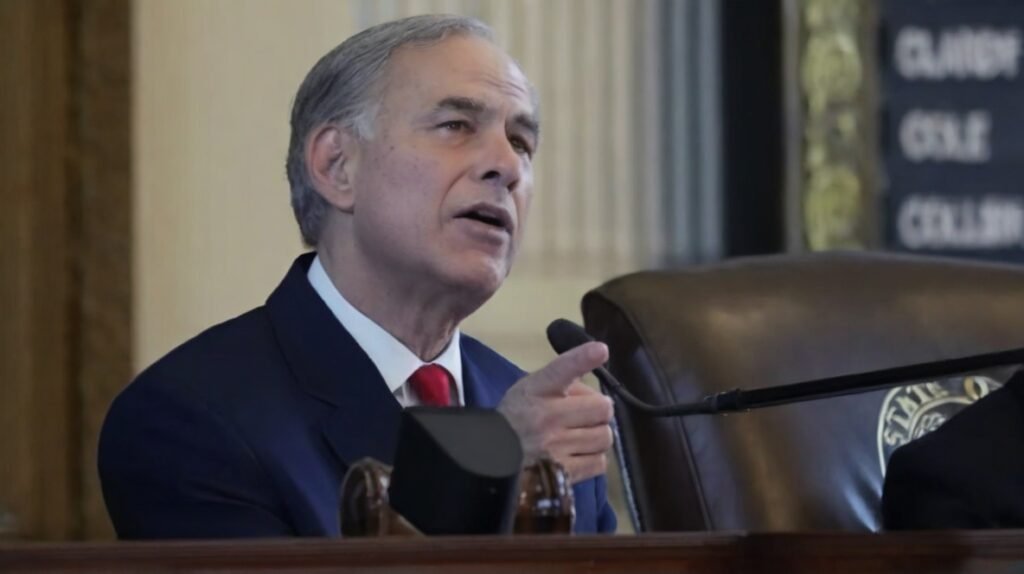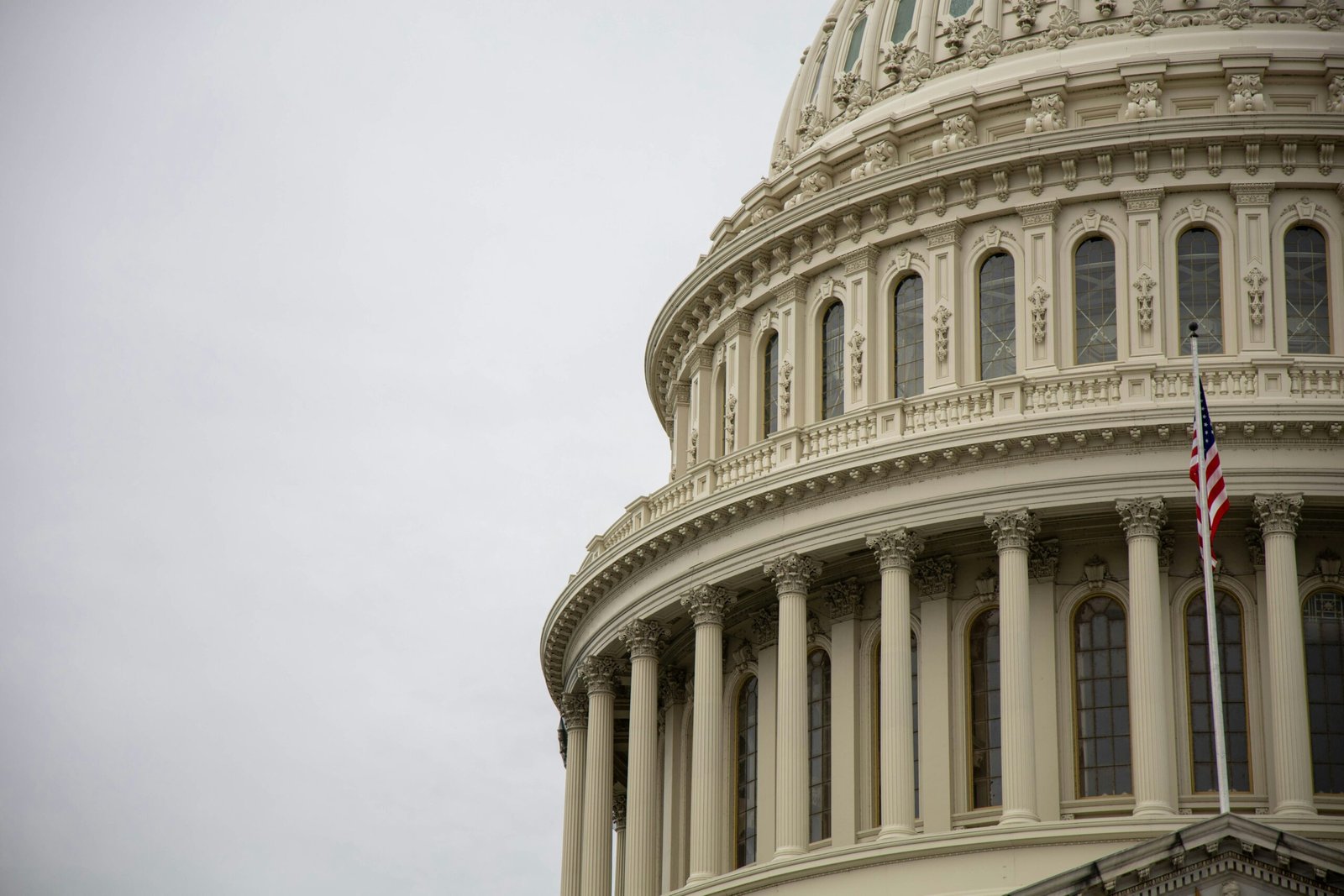In a significant legal development, former President Donald Trump has been ordered to pay $83.3 million in damages to renowned writer and journalist E. Jean Carroll. The ruling comes after Carroll accused Trump of defaming her when he denied her allegations of sexual assault.
The case dates back to 2019 when Carroll accused Trump of sexually assaulting her in a department store dressing room in the 1990s. In response, Trump denied the allegations and publicly attacked Carroll’s credibility, calling her a liar and claiming he had never met her, despite there being a photograph of the two together.
Carroll subsequently filed a defamation lawsuit against Trump, seeking damages for the harm caused to her reputation. On March 2, 2021, a New York State Supreme Court judge ruled that Trump’s denials of the assault constituted defamatory statements, and therefore, he was not protected by the immunity typically afforded to sitting presidents.
The recent ruling on damages comes as a further blow to Trump, who has faced numerous legal challenges throughout his presidency and beyond. The $83.3 million awarded to Carroll is one of the largest defamation judgments in U.S. history.
It is important to note that defamation cases are notoriously difficult to win, particularly when the defendant is a public figure. In this instance, the court found that Trump’s statements went beyond mere denials and crossed the line into defamatory territory. The judge emphasized that Trump’s comments had damaged Carroll’s reputation and caused her significant emotional distress.
While the monetary award is substantial, it is unlikely that Trump will face any immediate financial burden. His legal team is expected to appeal the decision, which could potentially lead to a reduction in the damages awarded or even a dismissal of the case.
This ruling has broader implications beyond the immediate financial consequences for Trump. It sets a precedent that public figures can be held accountable for their defamatory statements, even if those statements are made in the context of denying allegations of misconduct. It sends a clear message that no one is above the law, regardless of their position or status.
Furthermore, this case highlights the ongoing importance of the #MeToo movement and the fight against sexual harassment and assault. By pursuing her case against Trump, Carroll has become a symbol of resilience and determination for survivors of sexual violence. Her courage in speaking out and seeking justice serves as a reminder that victims should not be silenced or discredited.
As the legal battle continues, the outcome of the appeal will be closely watched. The case has already made a significant impact, shedding light on the issue of defamation and the power dynamics at play when public figures are accused of misconduct. Regardless of the final resolution, the ruling against Trump serves as a reminder that accountability and justice can prevail.


